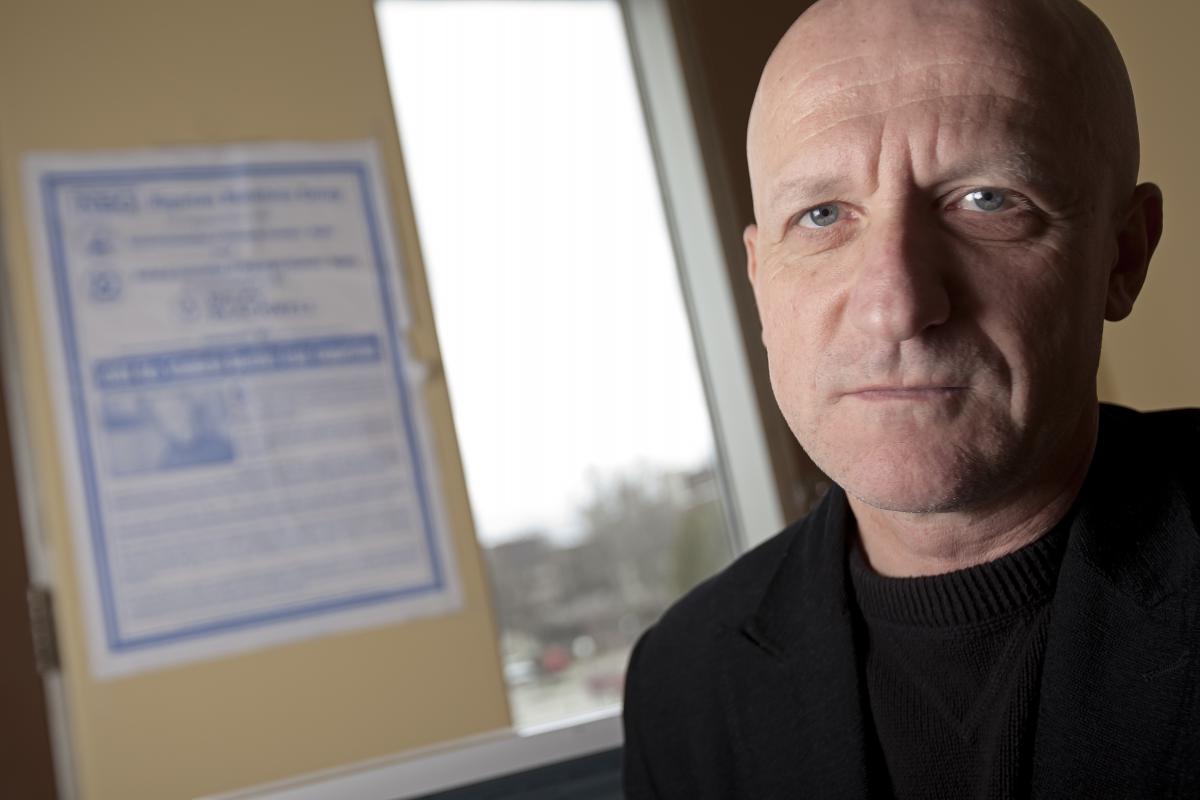Controversial Facebook study reviewed by Queen's ethicist
July 18, 2014
Share
 Dr. Udo Schuklenk. Photo by University Communications.
Dr. Udo Schuklenk. Photo by University Communications.By Rosie Hales, Communications Officer
Writing on behalf of 27 ethicists from across North America, Queen’s philosopher Udo Schuklenk and a team of five co-authors have written a commentary for the journal Nature on a controversial Facebook study.
The study manipulated the news feeds of 310,000 Facebook users to feature more content that was deemed either positive or negative by automated software. The results of this study showed that users who were exposed to less positive content very slightly decreased their own use of positive words and increased their use of negative words.
Dr. Schuklenk’s team believes the study did not violate anyone’s privacy and Facebook’s attempt to improve the user experience is consistent with its relationship with its consumers, despite many users’ concerns that Facebook “purposefully messed with people’s minds.”
“This group of influential bioethicists came together to defend sound and important research against charges by colleagues that something terribly unethical happened when researchers investigated what happens to our mood when the social networking site changes the news it delivers to us in our individual news feeds,” says Dr. Schuklenk, a professor in the Department of Philosophy at Queen’s and Ontario Research Chair in Bioethics.
The co-authors concluded that while the experiment was controversial, it was not a breach of ethics or law.
“The study involved no violation of privacy or pursuit of ends inconsistent with Facebook’s relationship with its users. Facebook simply altered its standard practice to detect how emotional content affects users in a way that was not known in advance to increase risk to anyone in the study,” says Dr. Schuklenk. “Permitting Facebook and other companies to mine our data and study our behaviour for personal profit, but penalizing it for making its data available for others to see and to learn from, makes no-one better off.”
Read the full commentary online or view a full list of authors and signatories.